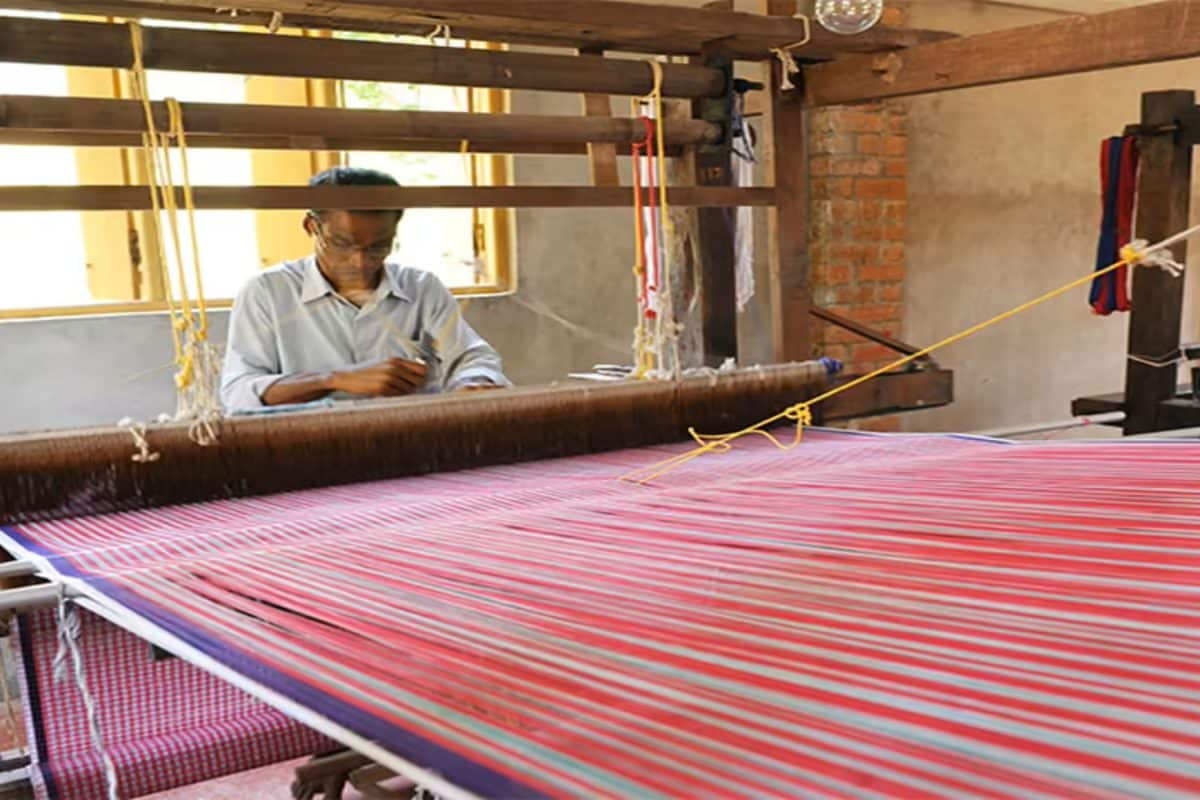

Indian textile stocks experienced a downturn, with declines of up to 7% observed on Friday, August 1, 2025, following the United States' decision to reduce import duties on goods from Bangladesh. This tariff adjustment has intensified concerns about India's competitiveness in the global textile market, particularly in the critical US market.
Details of the Tariff Reduction
The U.S. government, under President Trump, has slashed import duties on Bangladeshi goods from 35% to 20%. This decision came after a series of talks and negotiations between the United States and Bangladesh. The new tariff rates took effect on August 1, 2025. In contrast, India now faces a 25% tariff on its exports to the US. Several other countries, including Vietnam, Pakistan, Indonesia, and Cambodia, have also secured relatively lower tariff rates, intensifying competition for Indian exporters.
Impact on Indian Textile Stocks
The tariff reduction has triggered broad-based selling across apparel-linked counters. Shares of major textile companies experienced notable declines. Companies with significant exposure to the U.S. market are expected to face margin pressure as Vietnam and Bangladesh gain ground in key apparel segments.
Specific Stock Movements
Several Indian textile companies experienced significant stock declines: * Pearl Global Industries declined by 7.2%. * Gokaldas Exports dropped as much as 3.1%. * Arvind Ltd slipped 1.8%. * Welspun Living fell 1.9%. * Kitex Garments, which earns 70% of its revenue from the U.S. market, slipped 5%. * Shares of other textile firms like Trident and Indo Count Industries also fell between 1% and 2.5%.
Competitive Landscape
The U.S. is a major market for Bangladesh's ready-made garment (RMG) exports, totaling $8 billion annually. Bangladesh's commerce advisor stated that the tariff adjustment to 20 percent has strengthened its competitiveness in global trade. With the reduced tariff, US buyers will pay a lower markup for Bangladeshi goods compared to Indian goods. Stakeholders anticipate that this comparative advantage will lead to increased garment exports from Bangladesh to the U.S.
Concerns and Challenges for Indian Exporters
The tariff cut has raised concerns among Indian exporters, particularly in labor-intensive sectors such as textiles. Indian exporters in gems, textiles, and auto parts face a 7-10% cost disadvantage compared to rivals like Vietnam. The reduction in tariffs for Bangladeshi textile exports has triggered sharp declines in Indian textile stocks.
Company Exposure to the U.S. Market
Several Indian textile companies derive a significant portion of their revenue from exports to the U.S. market: * Gokaldas Exports Ltd. generates 50% to 70% of its total revenue from U.S. exports. * Pearl Global Ltd. has a similar dependency, with 50% to 70% of its revenue coming from the U.S. * Arvind Ltd. derives around 30% of its topline from U.S. markets. * KPR Mill's US market contributes approximately 21% of its revenue.
Expert Opinions and Market Outlook
Experts suggest that the Indian textile industry may face stiff pricing competition, especially with Bangladesh receiving tariff relief. The tariff shock may cause temporary disruption, but many Indian exporters are evaluating alternative markets and may even shift production to tariff-neutral zones. The market sentiment remains cautious, reflecting concerns over India's waning export competitiveness in the textile sector.
Broader Economic Implications
The tariff changes are part of a broader recalibration of the United States' reciprocal tariff framework. Foreign investors have been aggressively selling Indian stocks, partly due to Trump's tariffs, leading to a significant outflow of funds. The situation is further complicated by factors such as disappointing Q1 earnings and a strong dollar.